50 years on, Tibet’s orphans face new world
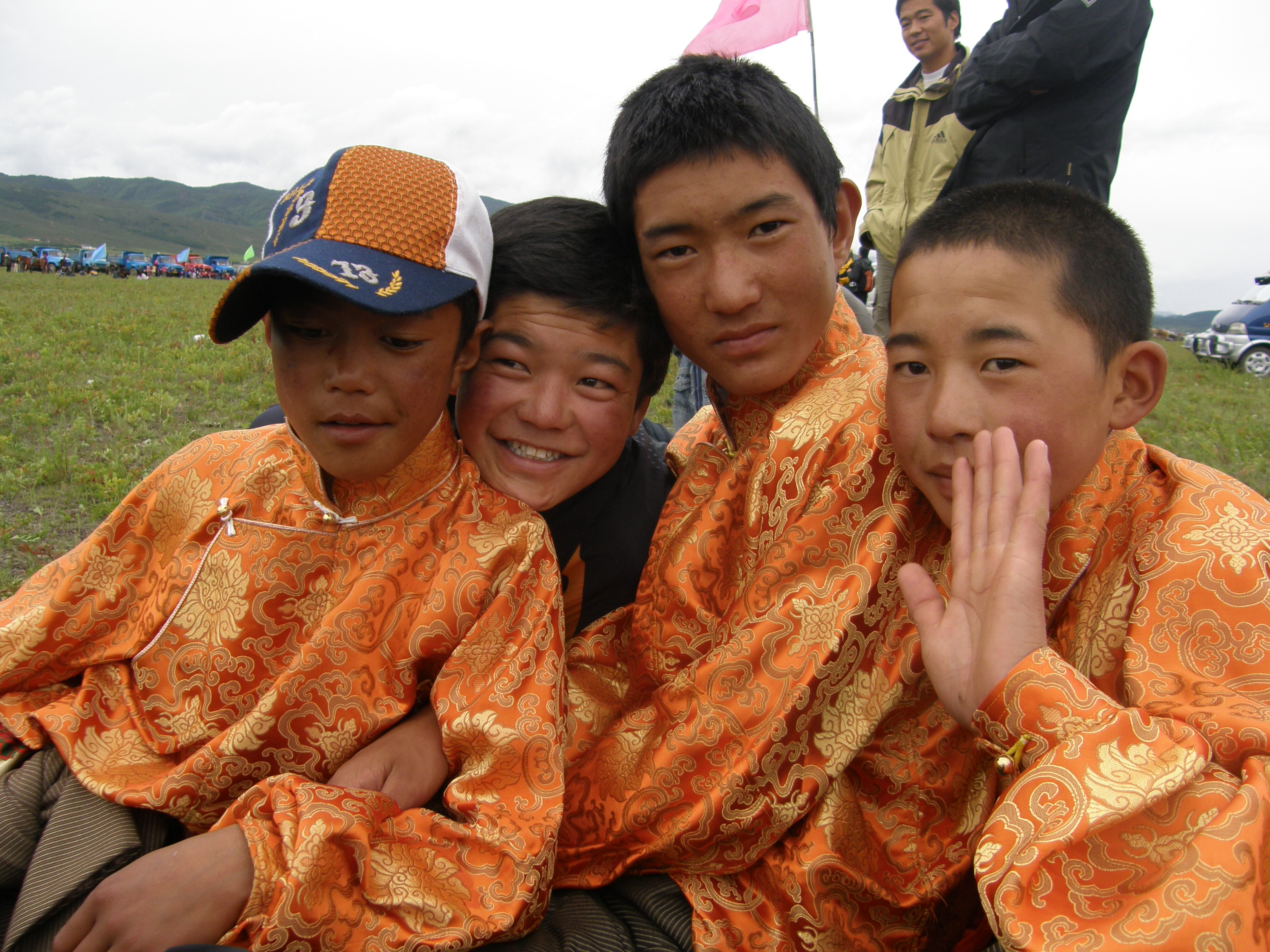
Tendol Gyalzur came to Europe in 1963 as an orphan, along with a wave of Tibetan immigrants. When she founded the first orphanage in Tibet 30 years later, things came full circle, though she sees completely different problems facing her homeland today.
“When we started [the orphanage], economically, things weren’t good for the kids,” says Tendol Gyalzur, the founder of the Children’s Charity Tendol Gyalzur. Having followed her Tibetan-Swiss husband from Germany to Switzerland after their marriage, she now divides her time between Switzerland and Tibet and is keenly aware of the situation in her native land.
“Now, it’s better economically, but the background stories have changed,” she says. “It’s less about food, medicine, basic economic problems. Now we have more psychological problems.”
Such issues, and others like alcoholism, have developed alongside Tibet’s rapidly growing economy; instead of assuming extended family members would take care of children if the parents couldn’t, family units have grown more distant and children faced abandonment for the first time as a result.
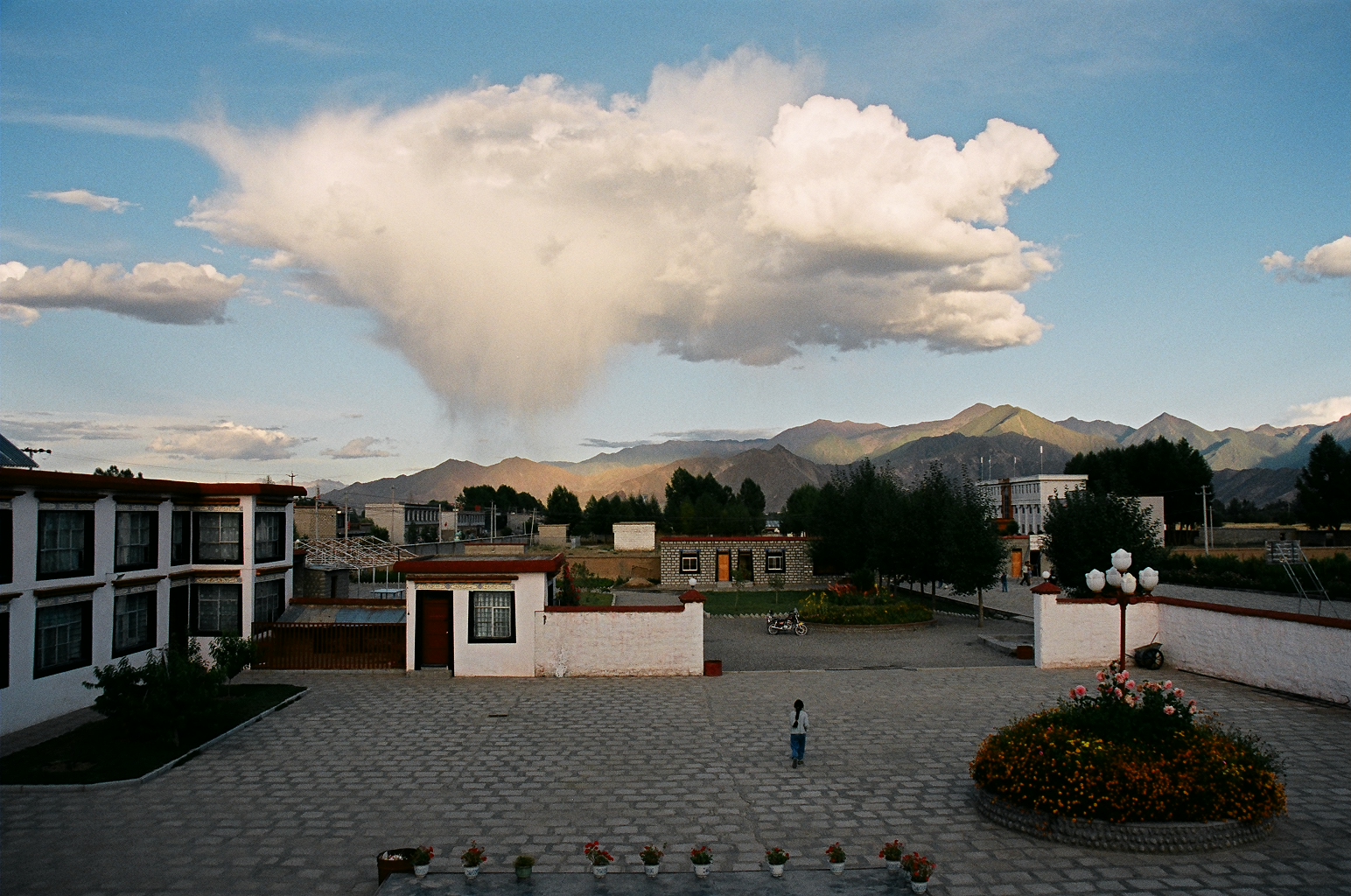
Upheaval
According to Robbie Barnett, the director of the Modern Tibet Studies Programme at Columbia University, an exodus from villages to larger towns and cities has been at the heart of this social and cultural upheaval. He says urbanisation has been strongly encouraged by the Chinese, though they haven’t allowed much research to take place formally documenting it.
“The Chinese are pouring money into the economy, and people have more money than they had before,” he says. “Many [villagers] leave the farm to get this extra income by going to towns … my impression is that they are working on construction sites doing very basic labour, but they’re separated from their families and it’s very rough work in very difficult conditions.”
“The family unit is disrupted, which hasn’t happened very often before in Tibet.”
And so, Barnett adds, a new economy has cropped up around those workers and their money, often involving vices like alcohol, gambling and prostitution – all things that can spell disaster for any children involved.
Therefore, Tendol Gyalzur says the need for her services in Tibet increases every year, making her time spent in Switzerland gathering and informing supporters and sponsors about the orphanage all-important.
“The number of children who need help is constantly rising – it doesn’t go down,” she tells swissinfo.ch.
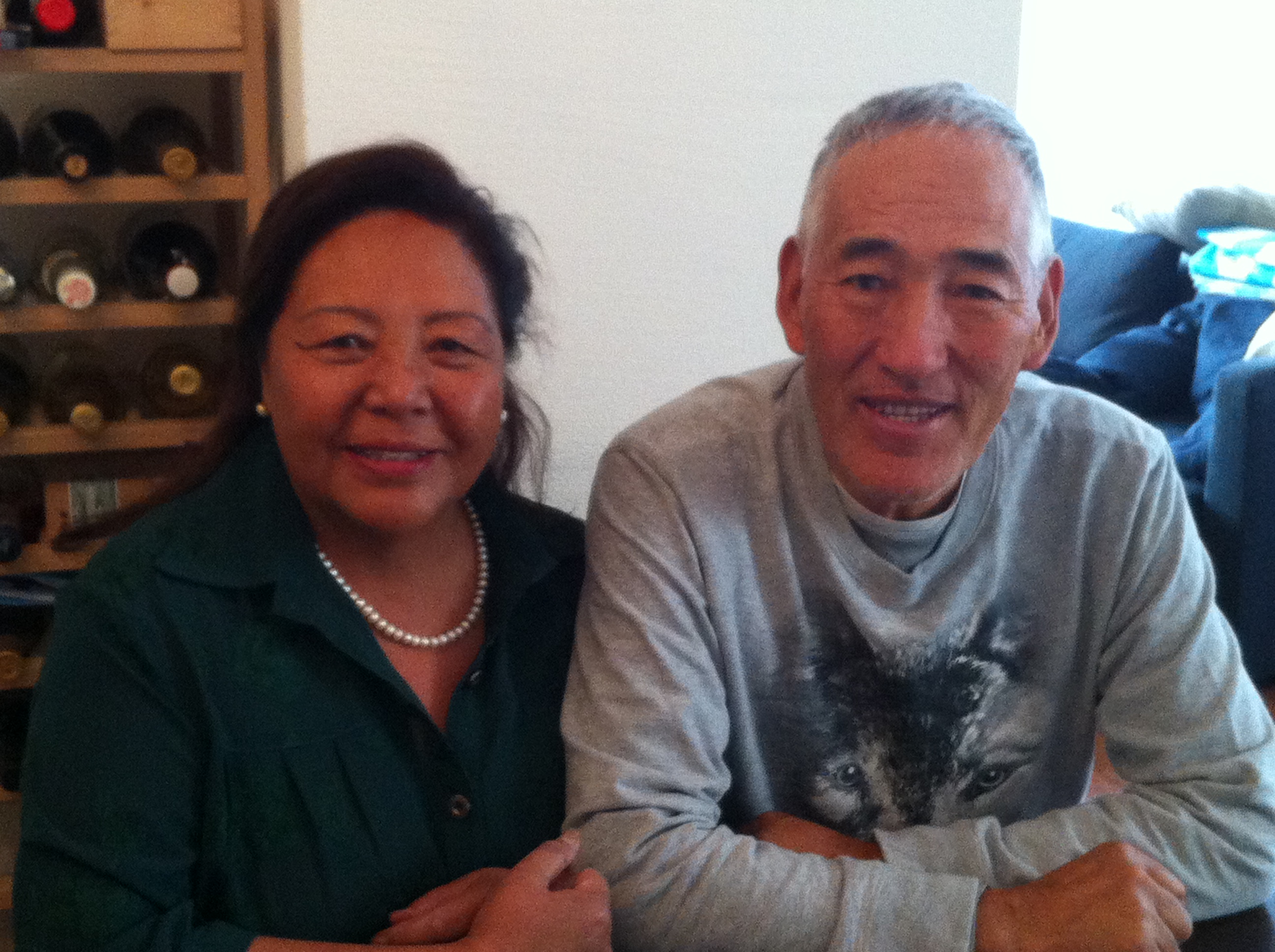
Grateful and lucky
Half a century ago, Tendol Gyalzur was herself an orphan, chosen from among hundreds of Tibetan children fleeing the conflict with China to go live in Europe.
Four years earlier, in 1959, the first major popular rebellion against the Chinese had taken place, ending with the exile of the 14th Dalai Lama to India. Over 80,000 Tibetans followed him, and thousands fled to the West. The steady flow of refugees leaving Tibet has never stopped, with Switzerland home to the third-largest Tibetan community in the world, after India and the US.
After her arrival in Germany, Tendol Gyalzur ended up living with a host family in a Pestalozzi children’s village, a community for children and families near Konstanz, Germany.
Her most poignant memories of that time involve the wonders and trials of being transplanted into a completely new culture: eating herself sick on Easter chocolate; an invitation to have lunch with the mayor of Munich, who served a disappointing meal of grits; and enduring racial slurs from German children.
In Germany, she was raised with Christian values that led her to want to go back to Tibet and help others there; however, she emphasises that her work encompasses multiple belief systems.
“I am neither Christian nor Buddhist – my religion is wiping children’s noses,” she says with a smile.
‘Help and protection’
When selecting children to adopt into her orphanage, Tendol Gyalzur’s criteria are intentionally far from precise.
“Does the child need our help and protection? If so, we take him or her in,” she says. “Regardless of skin colour, caste, religion or origin.”
And she strongly believes those who took her in as an orphan were operating under the same criteria, simply looking out for the long-term well-being of her and the other children brought to the West.
“I don’t want those who helped us to be cast in any sort of negative light,” she emphasises. “I ask that their motives not be questioned; we are very grateful to all of them.”
Tendol Gyalzur feels the need to stress this point due in part to recent media reports and documents brought to light which revealed that many of the orphans who came to Switzerland under a programme to re-settle children displaced by the Chinese invasion were not orphans at all: instead, they still had at least one parent back in their homeland.
While the Swiss media – in particular the Neue Zürcher Zeitung newspaper – questioned the motives behind the orphans’ resettlement, suggesting that the Dalai Lama wanted to use it to create an elite class of Tibetans overseas regardless of the parents’ wishes, Tendol Gyalzur believes she was chosen to go to Germany for much more basic reasons.
“The children to be sent to Europe had to be healthy and intelligent so they could benefit from school,” she says. “That’s why we were chosen. I don’t think it’s necessarily right to say it was just elite children or politicians’ children – we were chosen because we were healthy and intelligent so we could benefit. And we also had to be healthy enough to travel.”
Her husband Losang Tsultim Gyalzur, who came to Switzerland in 1972 from Tibet, chimes in that regardless of whether they still had parents in Tibet, the refugee children who were sent to Europe were extraordinarily lucky.
“We were all refugees,” he points out. “Even if we had parents, they had no way to care for us.”
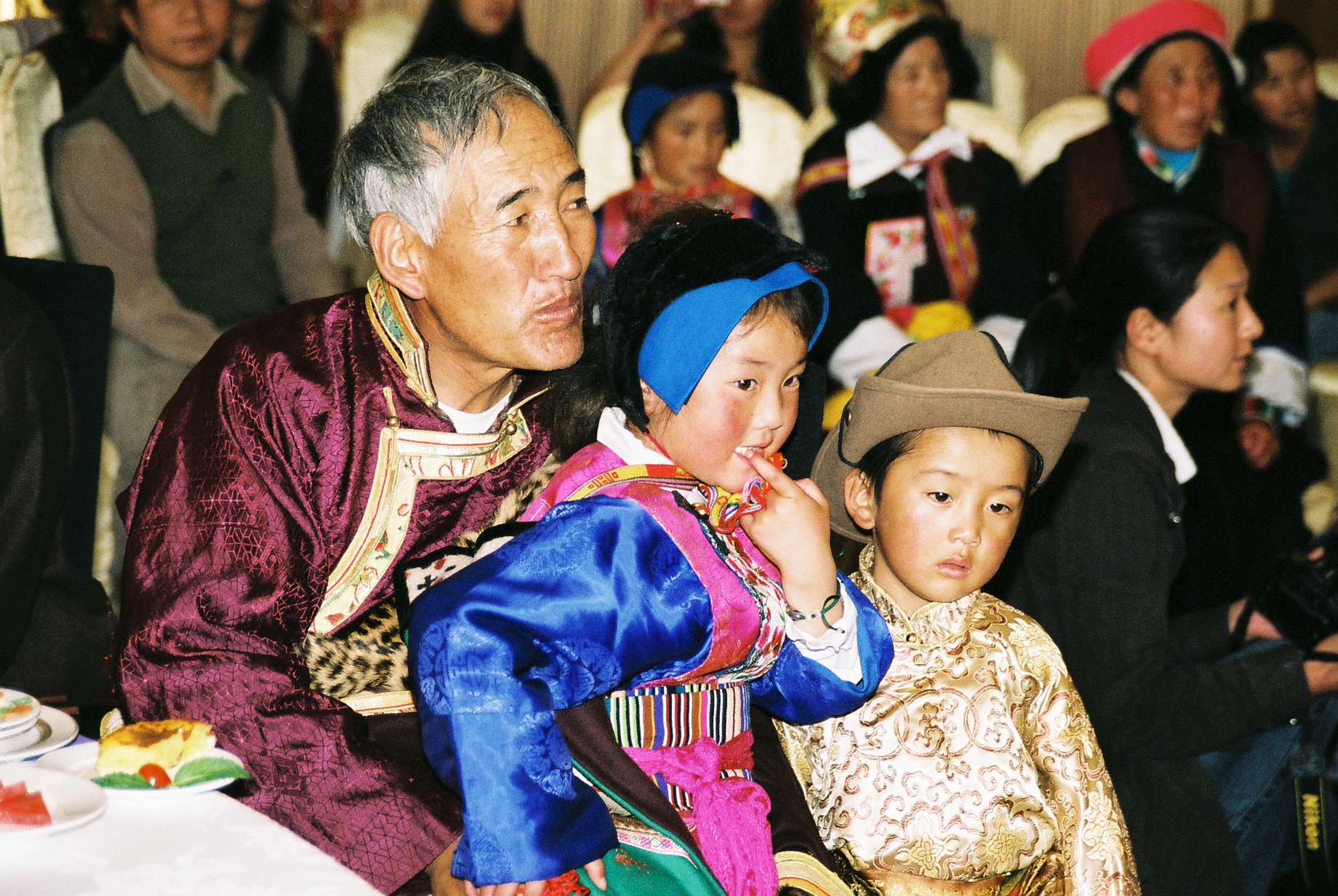
Slowly building trust
In order to be able to deliver on her promise of taking in all children who need her help, Tendol Gyalzur has expanded the orphanage’s capacity several times in its history, even adding new locations, and she’s found a way to work with the locals – including the Chinese – to make her dream a reality. She expresses her gratitude to them for their trust, goodwill and help with the project.
“At the beginning of our work in Tibet, I had a hard time because I saw the Chinese as enemies,” she says. “Since then, I have been able to turn those enemies into friends. It required a lot of time, and an incredible amount of understanding and self-reflection.”
It took time for the children as well – they used to throw rocks at the Chinese and call them names but now consider many of them “aunts” or “uncles”, a part of the family.
As a result of those hard-won victories, Tendol Gyalzur believes her orphanage has become a beacon of cultural understanding and a symbol of what many religions and cultures can do when they unite and set their minds to helping children. But, at the outset of her journey, her work was complicated in part by the fact that she had originally come from Tibet.
“The idea to develop an orphanage in Tibet was a very, very foreign concept to them,” she remembers. “And, I’m a Tibetan abroad – looking at my passport, I am even Swiss. That makes it that much harder to do anything in Tibet. You have to do it on a basis of trust, as the society is very networked.”
A mother to hundreds
One of the goals for the orphanage project is to help the children develop their own networks and skills in society so they may become independent. Tendol Gyalzur’s most recent project, accomplished with the help of her sons, was establishing a beer brewery and restaurant near the orphanage that provides apprenticeship opportunities for those orphans who want to learn a marketable skill.
No formal instruction is carried out at the orphanage itself – the children attend Tibetan public school and view Tendol Gyalzur, her husband and the other caretakers as a family they may always return to.
And, she regards each and every child as her own.
“When they get married, we are invited as their parents, and now we have eight or nine ‘grandchildren’ already. We have already been to many, many weddings,” she laughs. “My husband and I can’t afford to be old, because we have so many children – Chinese children and grandchildren among them.”
Then, as she proudly shows off pictures of her large brood learning traditional dances or cooking a meal together, she pauses to reflect on a goal achieved: using her experiences in Germany and Switzerland to do something positive for her home country.
“Now, we’ve realised the wishes and vision of those who sent us to Europe 50 years ago.”

In compliance with the JTI standards
More: SWI swissinfo.ch certified by the Journalism Trust Initiative

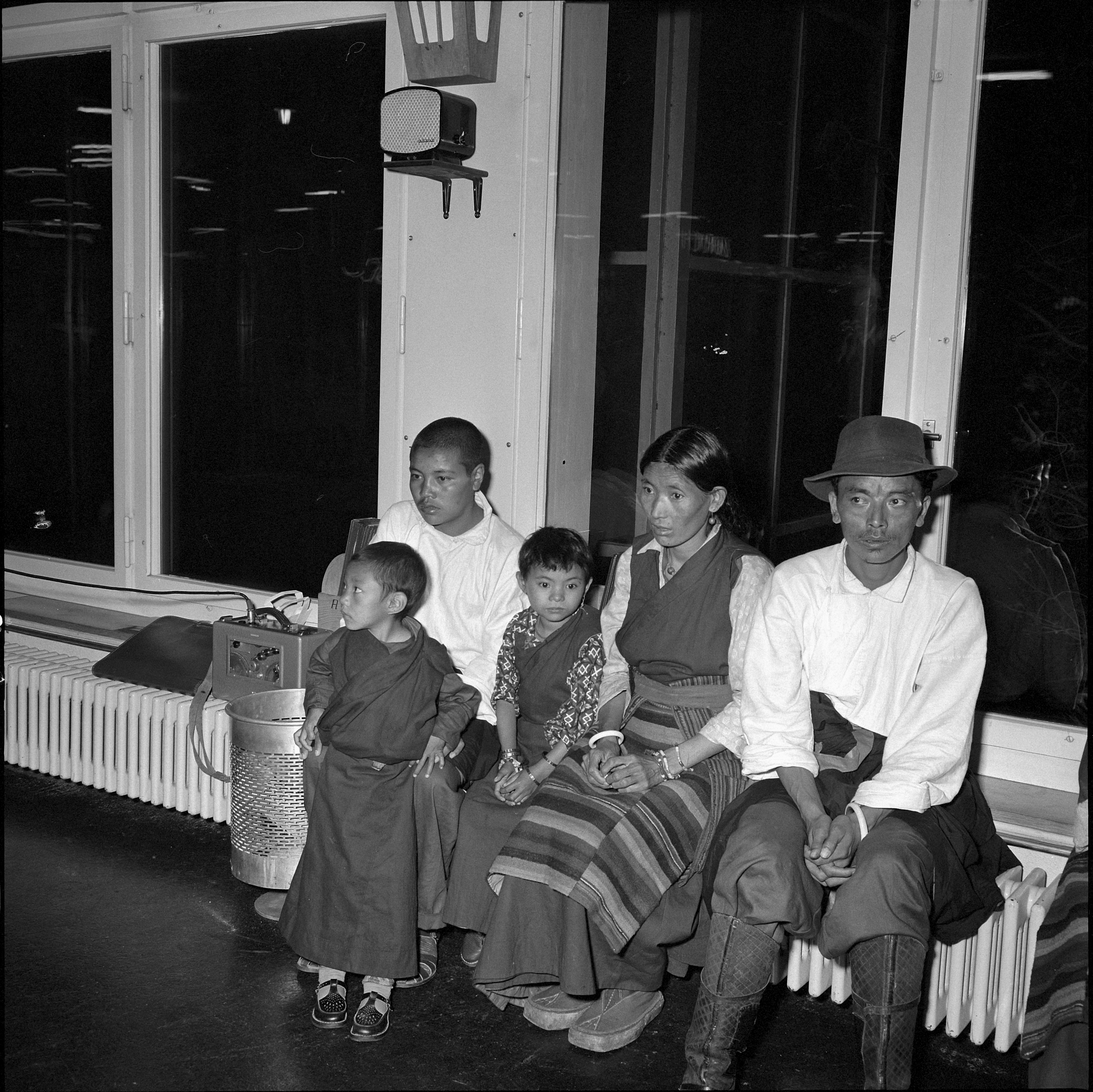
You can find an overview of ongoing debates with our journalists here. Please join us!
If you want to start a conversation about a topic raised in this article or want to report factual errors, email us at english@swissinfo.ch.